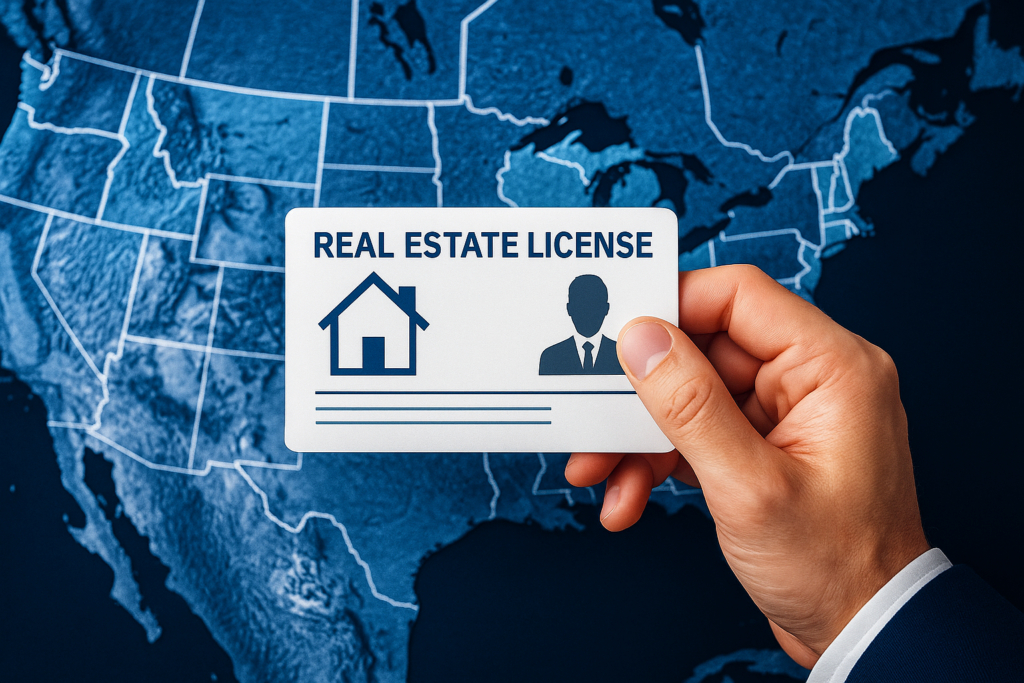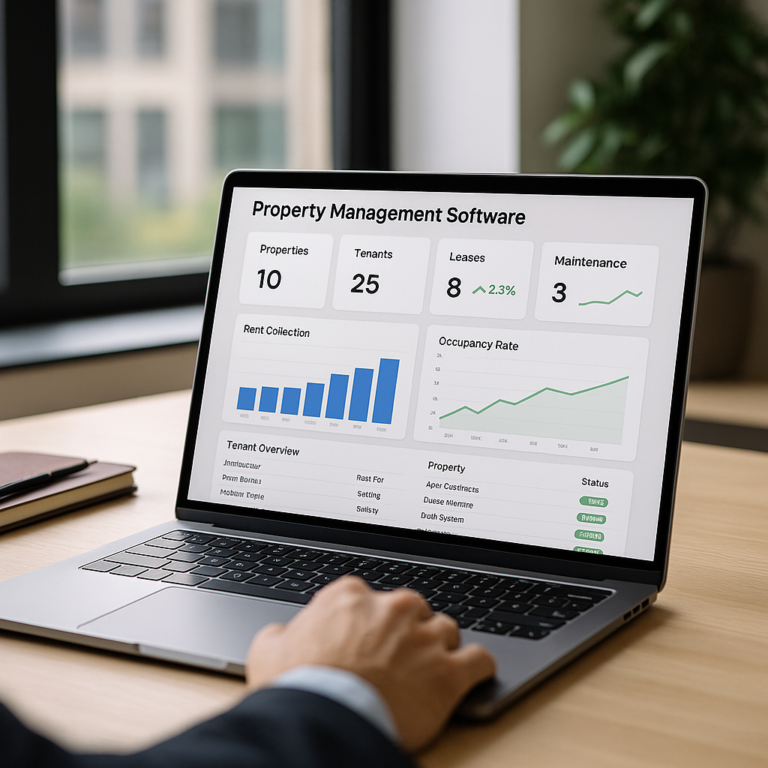How To Strategically Have Multi State Licensing In Real Estate Easily At The Same Time

Having multi state licensing in real estate helps you to expand your buyers and sellers list, as well as your portfolio.
Having your real estate license across multiple states is one of the fastest ways to increase your reach, diversify your income, and tap into multiple markets at once.
However, there is a caveat. You simply cannot “duplicate” your real estate license. Every state has its own rules, exams, and regulatory differences.
Before diving into the state by state laws, and attempt multi state licensing, you MUST choose a brokerage that actually supports multi state agents.
The simplest, most efficient and effective way to manage multiple licenses, fees, and compliance is to partner with a cloud based real estate brokerage.
Traditional brokerages make this process expensive, slow, and complicated.
Whereas cloud based brokerages make it seamless and simple.
If you’re looking to serve relocating clients, expand your referral network, or build a long distance real estate business, here’s the exact process to become a multi state agent legally, efficiently, and with minimal effort and friction.
1. Start With Real Estate Reciprocity Agreements
Many states participate in reciprocity, which means they accept part (or all) of another state’s licensing requirements.
Reciprocity may allow you to:
- Skip pre licensing hour requirements.
- Skip national coursework.
- Take only the state specific law exam.
- Fast track approval without starting over.
Some states have full reciprocity, while others have none at all.
Always verify the reciprocity rules for each target state that you plan to get licensed in.
Before applying anywhere, confirm:
- Whether your current license is recognized.
- Whether your education hours transfer.
- If a new background check or fingerprints are required.
- Whether you must take the state law exam.
Reciprocity agreements alone can save you months of time and hundreds of dollars.
2. Use Updated Guides For Multi State Licensing (Rules Change Often)
Real estate licensing requirements change frequently, and sometimes even multiple times a year.
Before applying for a new state license, verify:
- Current pre licensing hour requirements.
- The latest state law exam version.
- Recent reciprocity agreement changes.
- The rules for updated fingerprinting or background.
- Continuing Education (CE) schedules
Keeping up with updated rules prevents wasted money, unnecessary courses, and incorrect assumptions. Doing your due diligence can help you to save both time and money, as well as being efficient.
3. Understand “Portability Laws” The Most Misunderstood Rule
Even without a full license in a state, you may legally perform limited real estate activities depending on portability laws.
Portability falls into three categories:
▪ Cooperative State
You may operate in the state only if you co broker with a locally licensed agent.
▪ Physical Location State
You may work with clients remotely, but you cannot physically enter the state for showings or in-person work.
▪ Turf State
You cannot practice in any capacity without a full license.
Violations lead to heavy penalties.
Understanding portability helps you avoid:
- Accidental unauthorized practice
- Fines
- Licensing complaints
- Brokerage violations
4. Research Licensing Requirements State by State
If you want to hold multiple active licenses, expect to complete the following for each state:
- Submit a state specific license application.
- Complete required pre licensing education.
- Pass the state law exam.
- Complete fingerprints and background checks.
- Join a brokerage licensed in that state, or a cloud based real estate brokerage.
- Maintain CE credits for each state.
Some states are simple and streamlined.
Others have more complex or time consuming requirements.
To save time, and do this the most efficient way possible, choose states with overlapping education requirements so you can reuse your coursework.
5. Contact Each State’s Real Estate Commission or Board
This is the most accurate and reliable way to avoid mistakes.
State boards provide:
- Exact licensing steps that you need to take.
- Confirmation of reciprocity.
- Whether your education hours transfer or not.
- CE requirements.
- What you can skip and what you can’t.
- Recent rule updates not reflected online.
This prevents misinformation and speeds up the licensing process.
6. Stop Wasting Commission: Why Your Brokerage Choice is Your Biggest Multi State Fee Risk
If you plan to operate in multiple states, your brokerage matters more than anything else.
Traditional Brokerages
- Charge separate fees for each state.
- Require separate offices.
- Add unnecessary complexity to an already complex situation.
- Slow down multi state expansion.
A lot of the time, traditional brokerages force you into double fees and complicated compliance for every new state you add. Not only does it make the entire process more difficult, but it can significantly cut into your commission split as well.
Cloud Based Brokerages
- Operate across nearly all states.
- Allow multi state licensing under one brokerage.
- Streamline compliance and supervision.
- Offer single fee structures for your convenience.
- Are designed specifically for multi state agents.
Cloud based real estate brokerages are a night and day difference for agents who want to expand quickly, and legally without being buried in fees.
These systems are designed to centralize compliance and fees, allowing you to hang multiple licenses with one single monthly fee, maximizing your commission split across all states.
Final Thoughts On Multi State Licensing
Becoming a licensed real estate agent in multiple states at the same time isn’t difficult. It just requires clarity, strategy, and the right brokerage behind you.
Focus on:
- States with reciprocity.
- Overlapping education requirements.
- Portability rules.
- Fast track licensing prep.
- Brokerages built for multi state operation.
With the right setup, you can expand into multiple markets, increase your income, and legally operate across the country.
If you enjoyed this article, be sure to read about “Modern Real Estate Technologies” to have the ultimate success in your real estate business.


